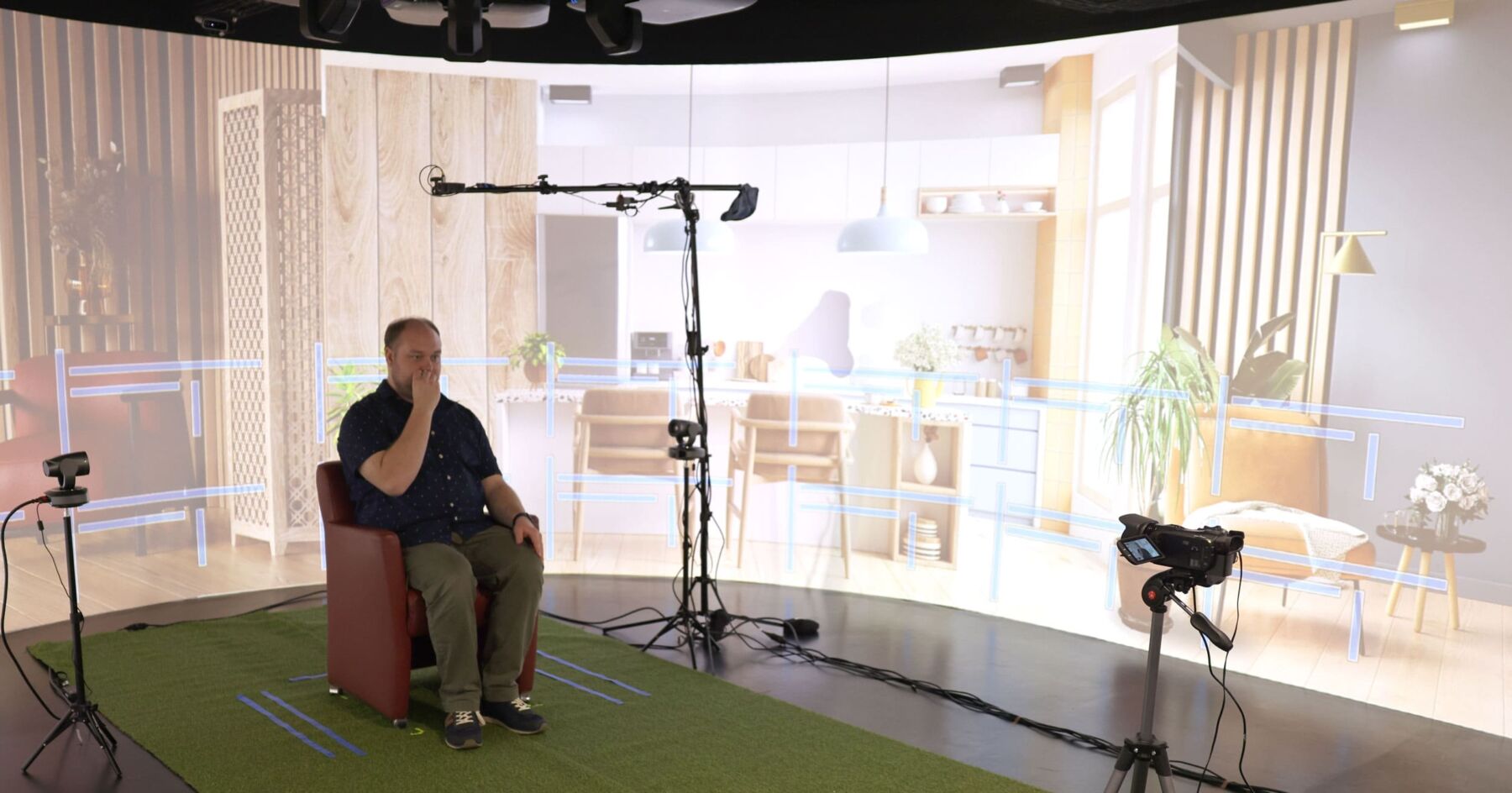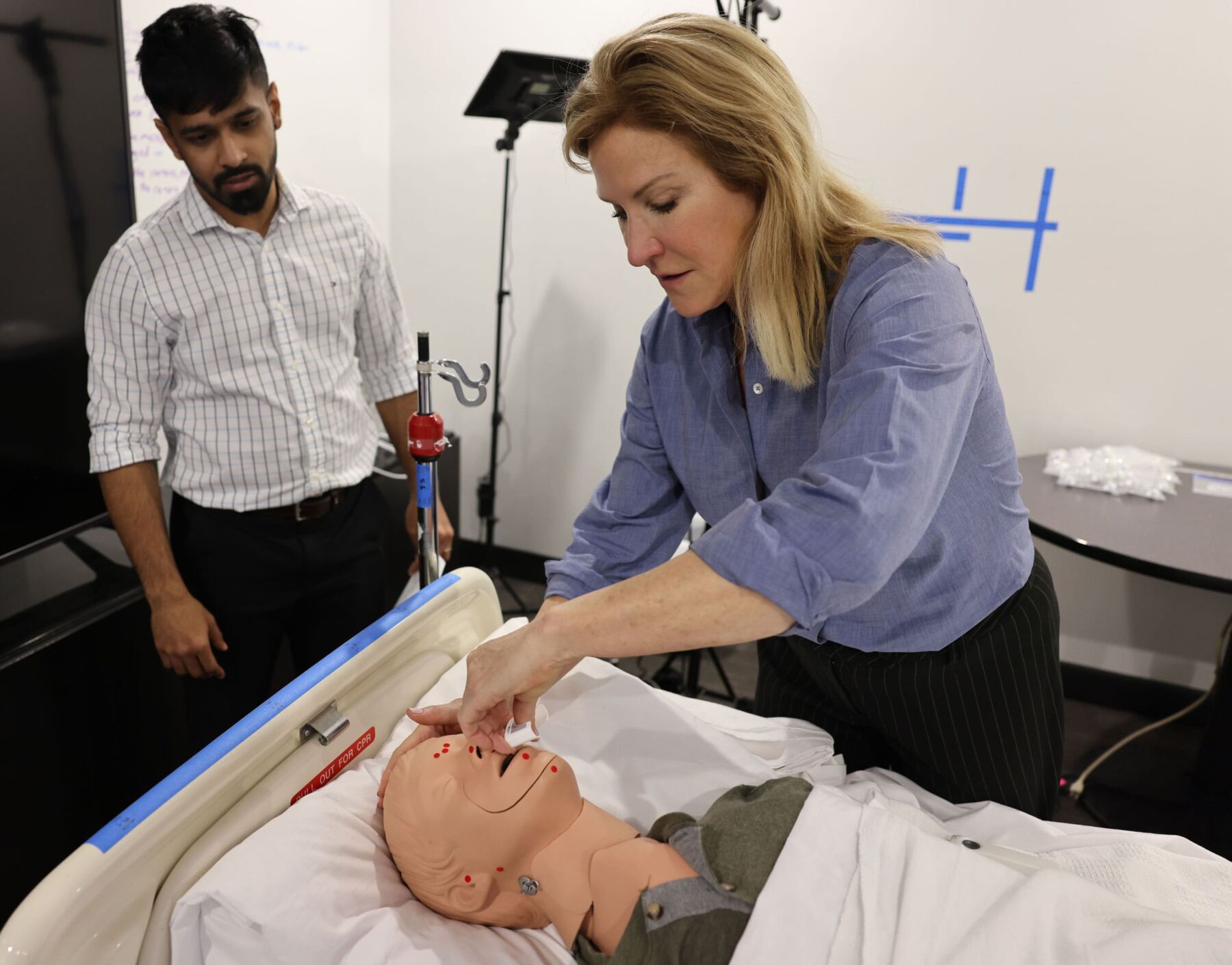In today’s rapidly evolving technological landscape, successful product development goes beyond creating functional features and technical specifications. Understanding and incorporating human factors (HF) and user experience (UX) into the design process is paramount to success – particularly in the pharmaceutical industry.
At Noble, we believe that HF/UX research in the early stages of product development is critical to improving patient compliance and positive medical outcomes and preserving the patient’s dignity.
Below, we will delve into the “why” behind its significance to product development to better understand HF/UX.
Understanding Human Factors
Human factors encompass the psychological, physiological, and sociological aspects that influence human interaction with products. By considering human factors, designers gain insights into user behavior, preferences, limitations, and expectations. This knowledge allows them to create intuitive, efficient, and enjoyable user experiences.
The Role of User Experience (UX)
UX focuses on the user’s overall experience while interacting with a product, system, or service. It combines elements such as usability, accessibility, aesthetics, and emotional appeal. An exceptional UX ensures users can easily accomplish their goals, feel satisfied, and develop positive associations with the product or brand.
The Benefits of Human Factors and Ergonomics-Based Research
When patients begin a new healthcare regimen that involves self-administering medication, they often feel overwhelmed by the prospect of learning to use a medical device correctly. If the devices are easy to use, with controls and displays that are easy to read, patients are more likely to feel confident and adhere to their prescribed regimen.
Furthermore, the device’s physical design takes other factors into account, such as age or how the disease being treated has eroded hand dexterity, strength, and haptic feedback. Consequently, patients have a greater likelihood of accurate dosing and a reduced risk of use error. This translates to reduced product complaints, product recalls, and litigation.
Additionally, HF/UX research helps design safe and easy-to-use devices for patients. By integrating human factors and ergonomic principles into the device design, we ensure that patients can handle the devices comfortably and confidently, leading to improved treatment experiences.
User-Centered Solutions Provide A Competitive Advantage
In a crowded marketplace, a well-designed product that prioritizes human factors and UX can differentiate an organization from its competitors. By offering a superior user experience, companies can attract and retain customers – gaining a competitive edge.
Aptar Pharma, the parent company of Noble, recently expanded its human factors capabilities with the acquisition of Metaphase Design Group, which is a leader in the research and design of hand-intensive medical products and an expert in ergonomic design. This strategic acquisition solidified the company’s ability to become a single source for its pharmaceutical and biotechnology customers throughout their drug development journey.
Metaphase’s expertise complements the products and services Noble currently provides to pharmaceutical and biotechnology companies to help improve patient education and onboarding, including a comprehensive suite of UX/HF/ID Consulting Services. Launched in 2021, Noble’s commitment to innovation began with its HF+ program that offers customers an extensive service platform, including resettable training devices that replicate the actual autoinjector, prefilled syringe, nasal device, and on-body device in both form and function, allowing patients to practice proper injection techniques.
Furthermore, Noble boasts a Global Network of Usability Labs in Lucienne, France, St. Louis, MO, and Orlando, FL. These labs assist with geographic testing requirements for global clients and enable remote monitoring of HF studies. The labs also facilitate live broadcast research and have developed COVID-19 research protocols to ensure the safety and well-being of patients during studies.
Learn more about Noble’s User-Centered Solutions capabilities and how we can combine our expansive knowledge and understanding of patients’ needs and anxieties to develop and commercialize patient devices that mimic the exact feel, force, and function of the real drug delivery device. Click here to learn more.


